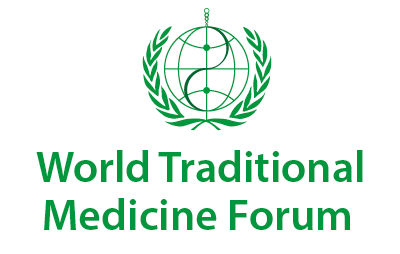
 i_need_contribute
i_need_contribute
Posttraumatic stress disorder (PTSD) poses an ongoing challenge to society, to health systems, and to the trauma victims themselves. Today PTSD is often considered an incurable chronic problem that lacks effective treatment. While PTSD is closely related to memory, it also affects many physiological systems. PTSD is usually treated with medications and psychotherapy with moderate success, leaving a substantial proportion of patients with enduring distress and disability. Therefore, a search for better treatment options is vital. In this paper, we propose a model in which a conversation-based technique is integrated with bodily manipulation through acupuncture. This approach first emerged in clinical experience showing intriguing results from treating PTSD patients using acupuncture as a main strategy. Its theoretical foundations derive from the clinic and rely on contemporary neuroscience’s understanding of memory consolidation and reconsolidation processes. Research shows that acupuncture can have potentially positive effects at three levels: (a) achieving a balance between sympathetic and parasympathetic neural activity; (b) reducing activation in the limbic system, hence inducing a calming effect; (c) reshaping the functional connectivity map within important and relevant cortical regions that encompass the default-mode network. We suggest that coupling traumatic memory retrieval leading to reconsolidation, combined with acupuncture, offers considerable potential for positive clinical improvement in patients with PTSD. This may explain the positive results of the described case studies and can pave the path for future advances in research and treatment in this field.



